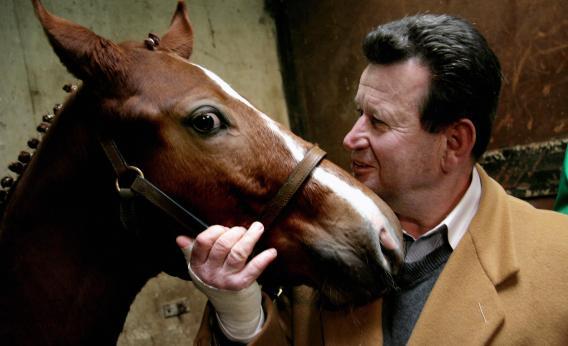Reversing an earlier ban, the international governing body for equestrian sports has decided that cloned horses can compete alongside their traditionally bred counterparts.
“The FEI will not forbid participation of clones or their progenies in FEI competitions,” the Federation Equestre Internationale said after its June meeting in Lausanne, Switzerland, according to The Chronicle of the Horse. “The FEI will continue to monitor further research, especially with regard to equine welfare.”
That’s good news for two companies—ViaGen in Texas and Cryozootech in France—that have successfully cloned champion horses, mainly for breeding purposes. Cryozootech has produced two clones of the American show-jumping champion Gem Twist. ViaGen, which owns the rights to the technology that produced the famous cloned sheep Dolly, has cloned several horses, including a quarter horse, a barrel racer, and a polo pony.
The FEI ruling applies to international equestrian competitions such as the Olympics, but some other racing bodies still prohibit clones, including thoroughbred racing organizations and the American Quarter Horse Association. The owners of several cloned horses have sued the AQHA over its ban.
So far, the cloned horses have been used mostly for breeding rather than competing. None are scheduled to participate in the 2012 Olympics.
An American owner of a cloned horse told Horse & Hound that the increased acceptance of cloned horses will probably lead more owners to start gene banks to store tissue samples of their best horses. “But cloning is expensive, so we expect that it will be limited to a relatively small number of exceptional horses,” she said.
